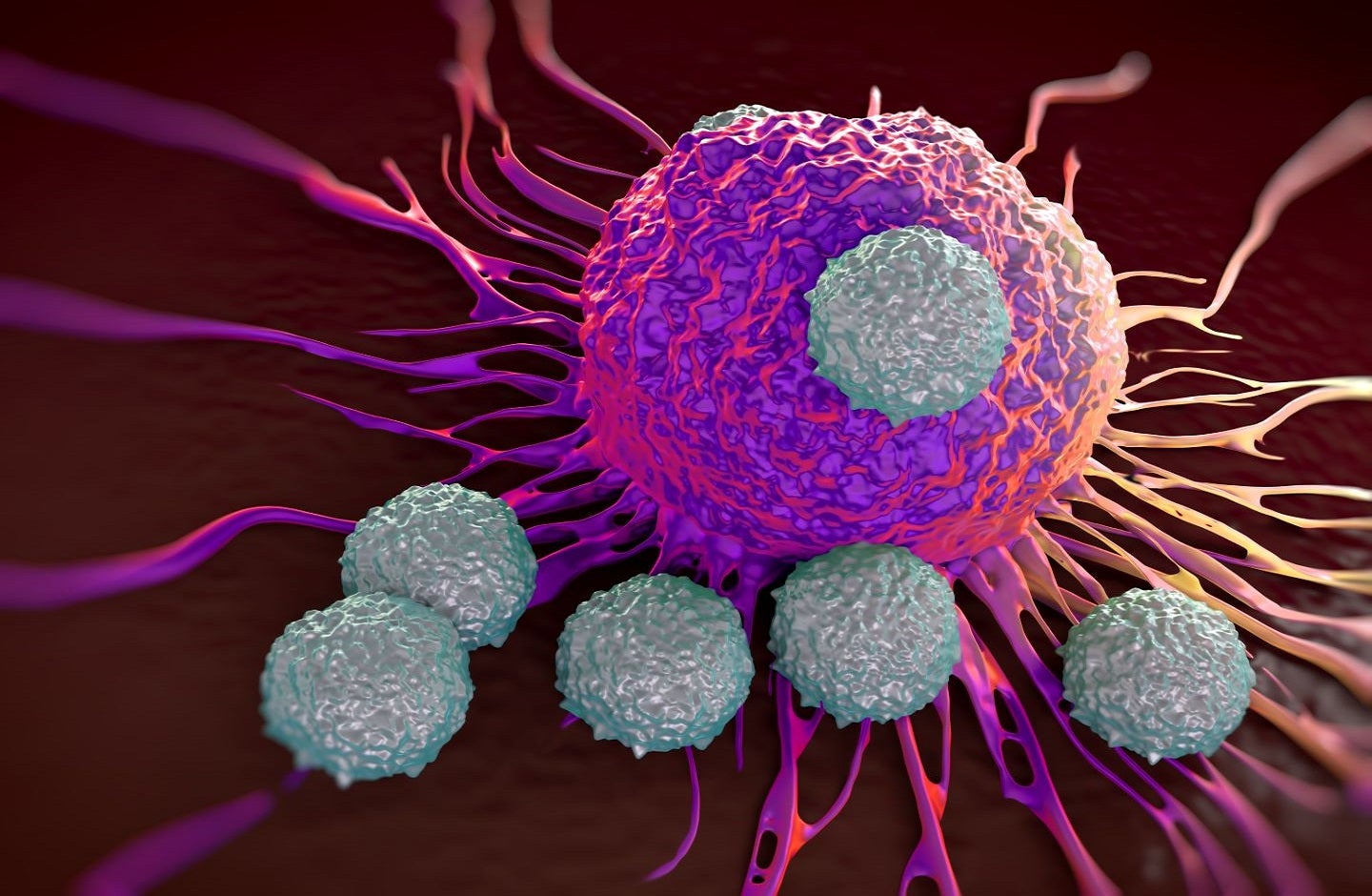
Sensei Biotherapeutics has initiated the combination therapy arm of the Phase I/II clinical trial for SNS-101, with the first patient receiving their dose for advanced solid tumours.
SNS-101 is a conditionally active, human monoclonal antibody designed to target the immune checkpoint V-domain Ig suppressor of T cell activation (VISTA).

Discover B2B Marketing That Performs
Combine business intelligence and editorial excellence to reach engaged professionals across 36 leading media platforms.
The initial cohort of subjects will receive 3mg/kg of SNS-101 dose along with a flat dose of Regeneron’s PD-1 inhibitor Libtayo (cemiplimab) at 350mg.
Furthermore, the company has fully enrolled the fourth cohort of the monotherapy arm at a dose of 10mg/kg.
The multi-centre dose escalation clinical trial will assess the safety, efficacy, pharmacokinetics, pharmacodynamics and tolerability of SNS-101 as a single agent as well as in Libtayoin solid tumour patients.
So far, ten patients have received treatment in the monotherapy arm, with four cohorts receiving SNS-101 treatment at doses of 0.3mg/kg, 1mg/kg, 3mg/kg, or 10mg/kg.

US Tariffs are shifting - will you react or anticipate?
Don’t let policy changes catch you off guard. Stay proactive with real-time data and expert analysis.
By GlobalDataThe company intends to report initial safety and pharmacokinetic monotherapy data in the fourth quarter of this year and topline monotherapy data next year.
In addition, it expects to reveal the initial combination of pharmacokinetic and safety data in the first quarter of next year and preliminary anti-tumour activity data during the same year.
Sensei Biotherapeutics president and CEO John Celebi said: “We are pleased with the rapid enrollment of our clinical trial and are excited to evaluate SNS-101 as a combination therapy earlier than anticipated.
“Sensei is now treating patients at a dose significantly higher than any VISTA antibody for which clinical data have been reported while dosing less frequently at a rate of once every three weeks.”





